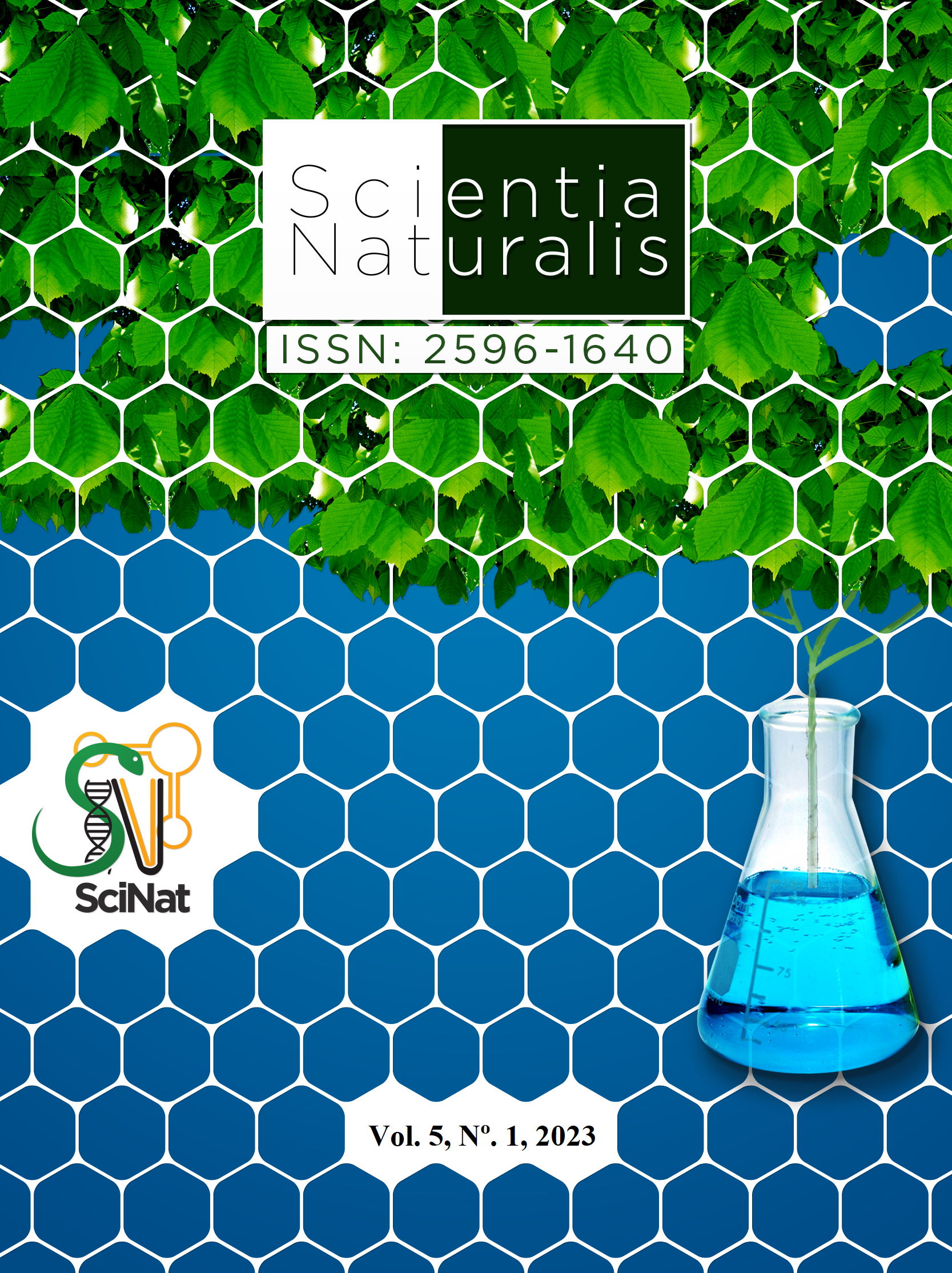AFertilization with NPK in triploid and tetraploid banana cultivars
DOI:
https://doi.org/10.29327/269504.5.1-19Resumen
Banana is the staple food of many families in the Amazon region; however, crops in this region have low productivity due to the lack of fertilization management and cultivars susceptible to diseases. The objective of this work carried out in the municipality of Senador Guiomard, Acre, was to evaluate the agronomic performance of triploid and tetraploid banana cultivars and the severity of black sigatoka as a function of NPK fertilization in the first production cycle. The experiment was conducted in a randomized block design, arranged in 5x6 strips, with five NPK doses (0%, 50%, 100%, 150% and 200% of the NPK dose), six cultivars (BRS Japira, BRS Princesa , BRS Thap Maeo, BRS Pacoua, Prata Anã and Prata Comum), and four repetitions. Data were submitted to the F test (p<0.05), regression analysis and comparison of means by Tukey's test when there was no interaction. Doses greater than 125% and 115.91% of NPK promoted lower severity of black sigatoka in Prata Comum and BRS Pacoua, respectively. The BRS Pacoua cycle was lower in the application of 119.15% of the NPK dose. The dose of 127.59% NPK promotes the maximum productivity of Prata Comum 13.98 t ha-1.




